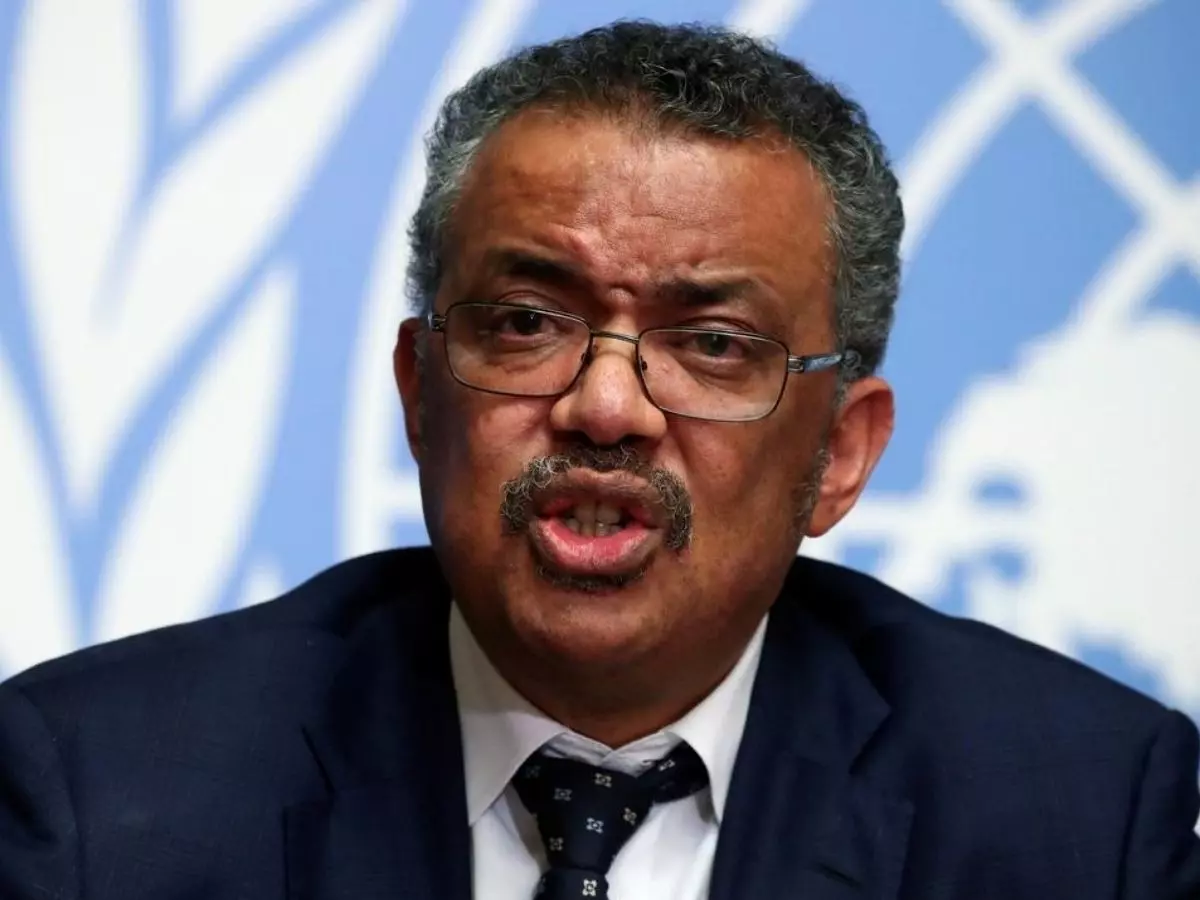Only Vaccine Won't Be Enough In Eliminating COVID-19, Says WHO Chief
Dr Ghebreyesus has stated that emphasis must still be given to social distancing. Moreover, testing and contact tracing still will be of utmost importance to help keep a track of the pandemic and help it stay under control.

In the past few days, we¡¯ve been hearing some really positive updates about the vaccines that are getting ready to take down the novel coronavirus. All major players in the vaccine wars are in the third stage of their human trials.
 Reuters
Reuters
Recently, we also got to know about how effective the vaccines actually are, instilling faith in people who are eager to receive them. We heard about Pfizer¡¯s vaccine is over 90 percent effective, we also heard Russia¡¯s Sputnik V vaccine to be 92 percent effective and Moderna claimed the top spot, claiming to be 94.5 percent effective.
Hearing about this, surely makes us all feel very optimistic about the vaccines that are going to roll out soon, to save our lives. However, WHO Chief thinks that these vaccines aren¡¯t enough to completely take down the pandemic.
In a statement, WHO Director-General Dr Tedros Adhanom Ghebreyesus said, "Since the beginning of the COVID-19 pandemic, we knew that a vaccine would be essential for bringing the pandemic under control. But it's important to emphasize that a vaccine will complement the other tools we have, not replace them."
Dr Ghebreyesus has stated that emphasis must still be given to social distancing. Moreover, testing and contact tracing still will be of utmost importance to help keep a track of the pandemic and help it stay under control.
 Reuters
Reuters
He said, ¡°A vaccine on its own will not end the pandemic. We will still need to continue surveillance, testing, isolating and caring for cases, tracing and quarantining contacts, engaging communities, and encouraging individuals to be careful."
The WHO Director-General also emphasized how the vaccine should be distributed, "Initially, supply will be limited, so health workers, older people and other at-risk populations will be prioritised. That will hopefully reduce the number of deaths and enable health systems to cope.¡±
